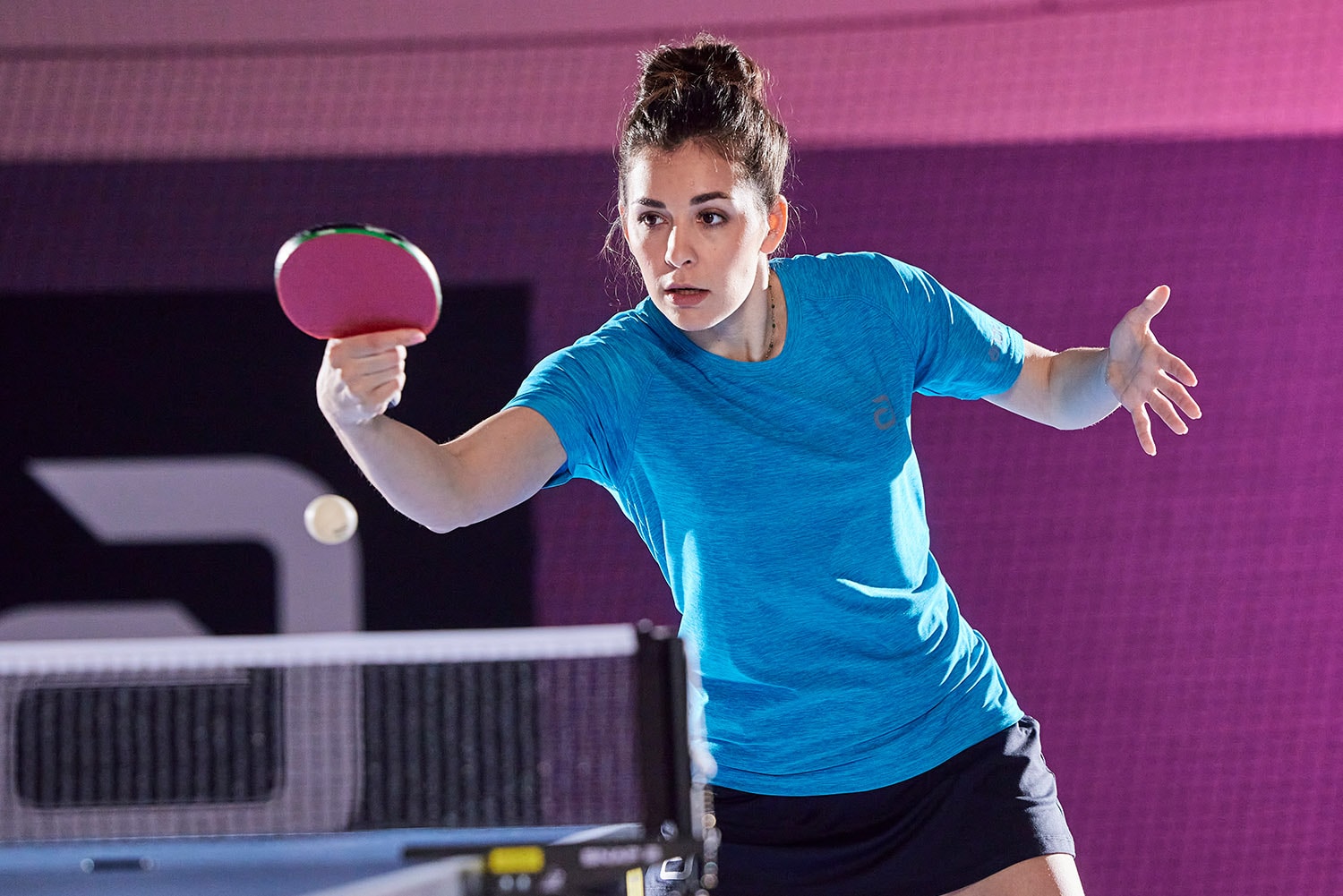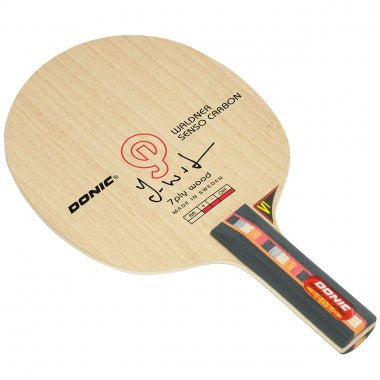Pre-season training is a crucial period for table tennis players, offering a unique opportunity to lay a strong foundation for the competitive season ahead. This phase focuses on enhancing physical fitness, refining technical skills, and developing mental resilience. Here’s a comprehensive overview of what effective pre-season training entails for table tennis athletes.
Physical Conditioning
-
Endurance and Stamina:
- Cardio Workouts: Activities like running, cycling, or swimming help build cardiovascular endurance, essential for maintaining high-intensity performance throughout matches.
- Interval Training: Incorporating high-intensity interval training (HIIT) improves anaerobic fitness, crucial for the quick bursts of energy needed in table tennis.
-
Strength and Flexibility:
- Strength Training: Exercises focusing on core strength, leg power, and upper body strength contribute to more powerful shots and better overall stability.
- Flexibility: Regular stretching routines and yoga sessions enhance flexibility, reducing the risk of injuries and improving range of motion for diverse stroke play.
Technical Refinement
-
Stroke Practice:
- Fundamental Drills: Practicing basic strokes such as forehand, backhand, and serves helps in ingraining proper technique and consistency.
- Multi-Ball Drills: These drills are excellent for improving reaction time, footwork, and the ability to handle fast-paced rallies.
-
Footwork:
- Agility Exercises: Ladder drills, cone drills, and shuttle runs enhance footwork, enabling players to move swiftly and efficiently around the table.
- Shadow Play: Simulating match movements without the ball helps in perfecting positioning and movement patterns.
Mental Preparation
-
Visualization:
- Mental Imagery: Visualizing successful plays and strategies boosts confidence and prepares the mind for competitive scenarios.
- Goal Setting: Setting specific, measurable, attainable, relevant, and time-bound (SMART) goals keeps players focused and motivated.
-
Stress Management:
- Mindfulness and Relaxation Techniques: Practices like meditation and deep breathing exercises help in maintaining composure under pressure.
- Match Simulations: Playing practice matches under simulated pressure conditions aids in building mental toughness and strategic thinking.






